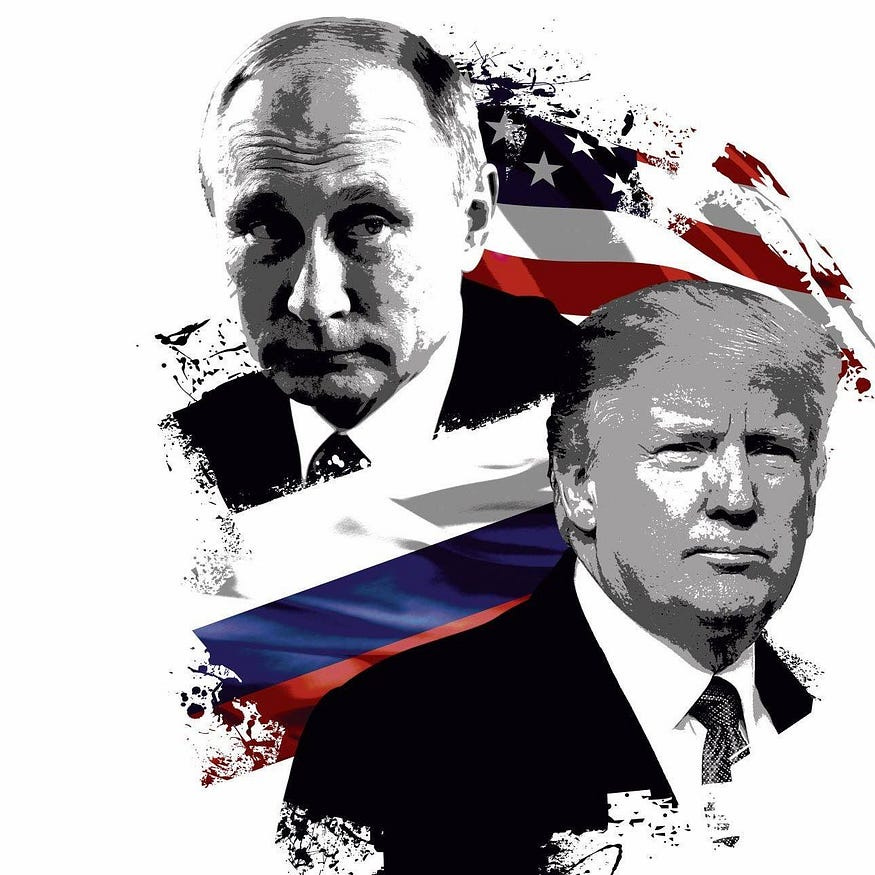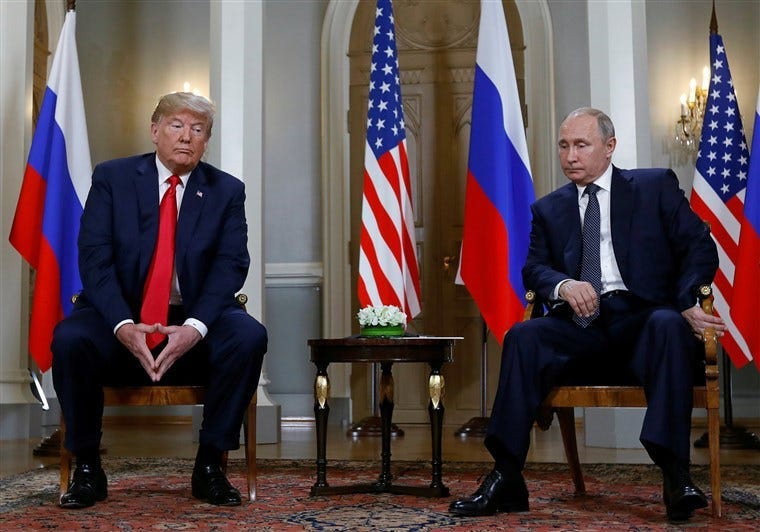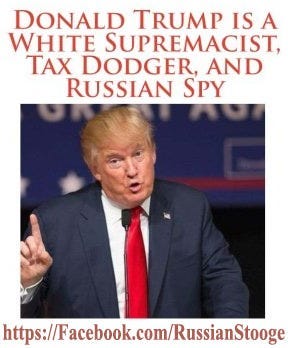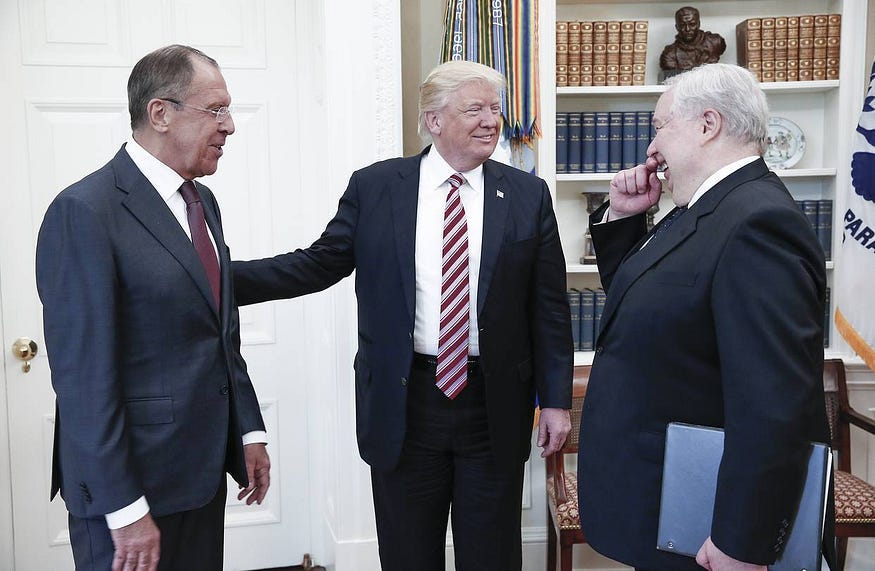Proving Trump is a Russian Stooge
A Detailed Analysis
1. 2016 Election Interference
The U.S. intelligence community, including the CIA, FBI, and NSA, concluded that Russia interfered in the 2016 presidential election to help Donald Trump win. The Mueller Report confirmed that the Russian government engaged in systematic efforts to influence the election through hacking, social media campaigns, and other means. These actions included the hacking of the Democratic National Committee (DNC) and the dissemination of stolen emails to damage Hillary Clinton’s campaign.
2. Trump’s Statements
Trump’s public statements have consistently been favorable towards Vladimir Putin and Russia.
Examples include:
Praising Putin as a strong leader.
Casting doubt on U.S. intelligence assessments about Russian election interference.
Hesitation to impose sanctions on Russia.
Publicly siding with Putin over U.S. intelligence during the 2018 Helsinki summit.
These actions have raised suspicions about Trump’s motivations and potential allegiances.
3. Business Ties
Trump’s business dealings in Russia have also come under scrutiny.
Notable instances include:
The pursuit of a Trump Tower in Moscow during the 2016 campaign, which continued even after Trump secured the Republican nomination.
Michael Cohen, Trump’s former attorney, testified that Trump was negotiating with Russian officials, including potentially offering Putin a penthouse in the proposed building.
Trump’s long history of business interactions with Russian oligarchs and financiers, some of whom have ties to the Kremlin.
These dealings suggest potential financial motivations influencing Trump’s behavior towards Russia.
4. Policy Decisions
Several of Trump’s foreign policy decisions have appeared to benefit Russia:
Questioning the relevance and funding of NATO, thereby weakening the alliance’s cohesion.
Withholding military aid to Ukraine, a country in conflict with Russia, which became a focal point in the first impeachment trial.
Advocating for Russia’s reentry into the G7, despite its expulsion due to the annexation of Crimea.
Relaxing sanctions on Russian entities and individuals.
These actions have bolstered Russia’s strategic goals and weakened U.S. alliances and influence.
Conclusion
While concrete evidence directly proving that Trump is a Russian stooge remains elusive, the cumulative weight of the 2016 election interference, Trump’s statements, business ties, and policy decisions strongly suggest that his actions have aligned more closely with Russian interests than with traditional American foreign policy objectives. This alignment raises serious questions about his motivations and the potential influence of Russian interests on his administration.
For a deeper dive into this topic, consider reviewing the [Mueller Report](https://www.justice.gov/storage/report.pdf) and other credible investigative reports.





